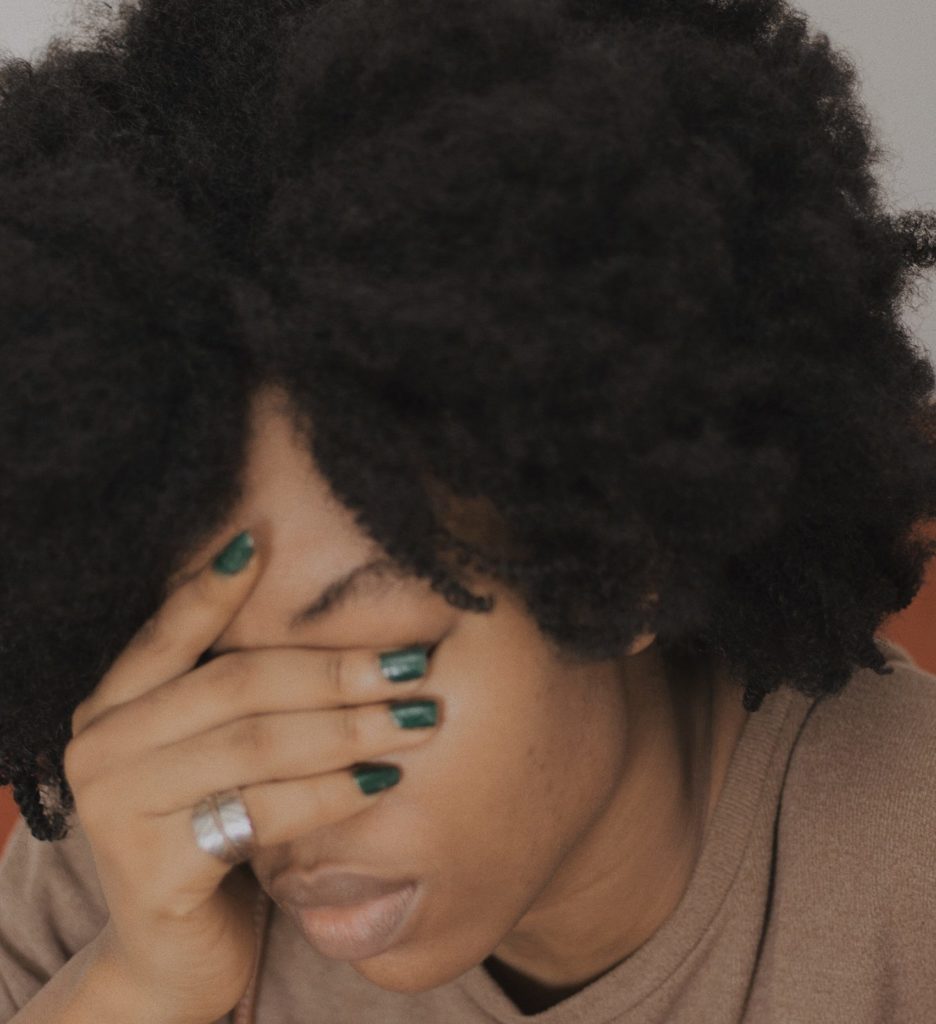As fall has approached and winter is near many might experience seasonal depression.
What Is Seasonal Depression?

Seasonal Depression or Seasonal Affective Disorder ( SAD) is described as a recurring form of major depression that occurs during the same season each year. Psychology Today, that it appears during the fall/winter months and then stops during the spring/summer months, which is why it is often called the “winter blues”.
Though people can also experience the disorder also in the spring and summer. On average 10 million suffer from SAD, symptoms include having low energy, not being able to concentrate and weight gain.
Its Affect On Relationships
SAD for many couples impacts the effectiveness of their communication as many people experiencing the disorder tend to black themselves off.
“Communication may dwindle or become turbulent, as some people may want to isolate themselves, are preoccupied with negative thought patterns, or become easily irritated,” Brittney Cobb, a licensed therapist told the Knot.
Since SAD affects all aspects of a person’s life it also affects one’s sex drive, making it difficult to maintain intimacy on a sexual level.
“If you’re experiencing a loss of pleasure or loss of interest in activities, that can make date nights or the sexual side of the relationship difficult to keep up as well,” said Jordan Madison, licensed clinical marriage and family therapist in an interview with the Knot.
How To Overcome Seasonal Depression

There are many different ways to help manage SAD and many can be used in combination. Below are some methods that can be useful in treating SAD.
Light Therapy
In this treatment, the person sits in front of the lightbox every day for 30 to 45 minutes, and is usually done first thing in the morning.
Psychotherapy Therapy
Traditional talk therapy is also helpful for working through difficulties while experiencing seasonal depression. A special form of therapy is used when treating seasonal depression or SAD. It involves helping the person to identify an engaging/pleasant indoor or outdoor activity that will help combat the loss of interest they experience through the fall and winter.
Vitamin D
Since many experiencing SAD are vitamin D deficient, taking vitamin D supplements daily through the fall/winter can be effective in helping with some of the symptoms you may be having.
Antidepressants
For some people, it may be helpful to get on an antidepressants that can be used in combination with several other forms of treatment. Though this is something that must be discussed with a therapist or licensed professional.
